|
Sibani Sen's poetry has appeared in a variety of publications including Off the Coast, Nixes Mate Review, and Main Street Rag. She has done collaborative projects with the History Design Studio at the Harvard Hutchins Center, the Con-cord Museum, the Beacon Street Arts Studios in Somerville, the former Green Street Studio in Cambridge, and the pop-up New Rasa Initiative group at the Public Theater in NYC. Her current projects include forthcoming poetry and a monograph on the Indian premodern poet Bharatchandra. She teaches creative writing and South Asian history and literature. The Border Arts: Beyond the Barriers is LIVE and available for purchase. (CLICK HERE for a short sample of what's inside.)
For the next several days we will be posting each of our contributors' bios and pictures here in the order that they appear in the anthology "Contributor Bios" page. The aim of this publication was to showcase some of the artistic talent that often gets overlooked by some when topics of the US-Mexico border arise. The artists and writers who contributed to the Border Arts: Beyond the Barriers anthology are some of the most accomplished. These are their bios... Nely González nacio en Mainero tamaulipas. Es escritora de poesía. Actriz de teatro y aficionada a la pintura al oleo. Su primer libro( Un Corazón en Soledad) en 2017 Y el segundo libro (Una Carta y Cien Poemas para ti.) Ambos fueron publicados por Legado Publishing. Actualmente vive en McAllen Texas. Este tercer libro( Mi Vida Sin Ti) esta dedicado a su esposo fallecido el 5 Enero de 2021. En las primeras paginas se daran cuenta que va relatando su vida y que muchas veces es dentro de la cotidianidad del matrimonio que estan juntos pero viven lejos uno del otro. La segunda parte del libro son historias veridicas. The Border Arts: Beyond the Barriers is LIVE and available for purchase. (CLICK HERE for a short sample of what's inside.)
For the next several days we will be posting each of our contributors' bios and pictures here in the order that they appear in the anthology "Contributor Bios" page. The aim of this publication was to showcase some of the artistic talent that often gets overlooked by some when topics of the US-Mexico border arise. The artists and writers who contributed to the Border Arts: Beyond the Barriers anthology are some of the most accomplished. These are their bios... Para mas informacion sobre la autora visita su pagina web: http://nelygonzalez.legadopublishing.info/ Victor M. Parlatto is a poet, father, and writer. With over a decade of experience, Victor has written countless poems and literary works. Well known for his poems addressed to Bella, Victor's poetry paints a picture of everyday life and the emotional spectrum in a comedic, dark, and occasionally brutally honest light. Victor attends poetry readings weekly and shares personal readings across his social media platforms alongside his written work. Some of these works include: "***" and "***". When Victor is not immersed in his writing, he spends his time with his daughter, gaming, reading, or listening to music. The Border Arts: Beyond the Barriers is LIVE and available for purchase. (CLICK HERE for a short sample of what's inside.)
For the next several days we will be posting each of our contributors' bios and pictures here in the order that they appear in the anthology "Contributor Bios" page. The aim of this publication was to showcase some of the artistic talent that often gets overlooked by some when topics of the US-Mexico border arise. The artists and writers who contributed to the Border Arts: Beyond the Barriers anthology are some of the most accomplished. These are their bios... Wendy Lara es una artista multifacética, reconocida por su desempeño actoral en teatro y televisión; ha participado en cortometrajes, comerciales y obras de teatro como actriz, escritora y directora. Diseñadora y creadora de vestuarios siendo sus creaciones más reconocidas en este rubro los diseños de La Catrina Garbancera y Frida Kahlo. En el mundo de las letras creadora de monólogos y poemas algunos de ellos incluidos en diferentes medios electrónicos y libros físicos. Su desempeño artístico tiene fundamento en el empoderamiento de la mujer mexicana como también la fusión de las diferentes ramas artísticas. The Border Arts: Beyond the Barriers is LIVE and available for purchase. (CLICK HERE for a short sample of what's inside.)
For the next several days we will be posting each of our contributors' bios and pictures here in the order that they appear in the anthology "Contributor Bios" page. The aim of this publication was to showcase some of the artistic talent that often gets overlooked by some when topics of the US-Mexico border arise. The artists and writers who contributed to the Border Arts: Beyond the Barriers anthology are some of the most accomplished. These are their bios... Dan Brook’s most recent books are Harboring Happiness: 101 Ways To Be Happy (Beacon, 2021), Sweet Nothings (Hekate, 2020), about the nature of haiku and the concept of nothing, and Eating the Earth: The Truth About What We Eat (Smashwords, 2020). The Border Arts: Beyond the Barriers is LIVE and available for purchase. (CLICK HERE for a short sample of what's inside.)
For the next several days we will be posting each of our contributors' bios and pictures here in the order that they appear in the anthology "Contributor Bios" page. The aim of this publication was to showcase some of the artistic talent that often gets overlooked by some when topics of the US-Mexico border arise. The artists and writers who contributed to the Border Arts: Beyond the Barriers anthology are some of the most accomplished. These are their bios... Stanley H. Barkan, editor/ publisher of Cross-Cultural Communications, which in 2020 celebrated its 50th Anniversary with 500 books in print, and as many broadsides and postcards and audio-visual productions in 60 languages (ranging from Arabic to Yiddish). CCC, in addition to having a long and productive cooperative relationship with Peter Thabit Jones of The Seventh Quarry Press in Swansea, Wales, has also hosted numerous literary events throughout the United States and in many parts of the world (Argentina, Bulgaria, Poland, Puerto Rico, Sicily, Wales), at such locations in New York as the International Center, Poets House, the Yale Club, and the Dag Hammerskjöld Auditorium of the United Nations. His own work has been published in 29 poetry editions, many bilingual, including Armenian, Bulgarian, Chinese, Dutch, Farsi/Persian, Italian, Romanian, Russian, Sicilian, Spanish. His most recent books are As Still as a Broom, translated into Spanish by Isaac Goldemberg (2018) and Pumpernickel, translated into Farsi/Persian by Sepideh Zamani (2019) (both published by Oyster Bay, NY: New Feral Press), and More Mishpocheh, with illustrative photos and art by the author’s wife, Bebe Barkan (Swansea, Wales: The Seventh Quarry Press, 2018). Also, in 2017, he was awarded the Homer European Medal of Poetry & Art. Barkan lives with his wife in Merrick, Long Island, where his son and daughter and five grandchildren also reside. The Border Arts: Beyond the Barriers is LIVE and available for purchase. (CLICK HERE for a short sample of what's inside.)
For the next several days we will be posting each of our contributors' bios and pictures here in the order that they appear in the anthology "Contributor Bios" page. The aim of this publication was to showcase some of the artistic talent that often gets overlooked by some when topics of the US-Mexico border arise. The artists and writers who contributed to the Border Arts: Beyond the Barriers anthology are some of the most accomplished. These are their bios... http://en.wikipedia.org/wiki/Stanley H. Barkan Roberto A. (Rob) Rocha is a writer, poet, musician, speaker, and podcaster from the Rio Grande Valley in South Texas. In 2014, he released a project of original music titled, “Dreaming in Blue,” and in 2018, published his first book of bilingual poetry titled, “Tamarindo Dreams: A Collection of Barrio Poetry.” He has traveled Latin America, speaking in Mexico, Venezuela, Argentina, and Columbia. In July of 2022, he launched a podcast called, “The Bridges & Borders Podcast,” which features conversations with notable Latinx, discussing Art, Music, Writing, and Tejano culture. Some of his latest poetry is available in online publications and will be included in an upcoming Texas anthology. Rob currently resides near Dallas, Texas with his wife, Pauline. They have 4 adult children and are expecting their 10th grandchild. The Border Arts: Beyond the Barriers is LIVE and available for purchase. (CLICK HERE for a short sample of what's inside.)
For the next several days we will be posting each of our contributors' bios and pictures here in the order that they appear in the anthology "Contributor Bios" page. The aim of this publication was to showcase some of the artistic talent that often gets overlooked by some when topics of the US-Mexico border arise. The artists and writers who contributed to the Border Arts: Beyond the Barriers anthology are some of the most accomplished. These are their bios... Roberto’s official FB page is: www.facebook.com/merogallowritings. Contact Roberto for speaking engagements and/or poetry readings at [email protected]. Raquel López Suárez. Funda la plataforma literaria independiente Enero Rojo Lunar en 2014 y es editora de la revista digital que lleva el mismo nombre (2021). Autora de Lluvias acarameladas (2013) y Pulverizar la piel (2021). Editora de Ámate, salud integral (2016) y de la antología Enero Rojo Lunar (2017). Licenciada en educación por la Universidad Pedagógica Nacional (México, 2006). Desde el 2008 reside en el Valle del Río Grande. Tiene estudios en Teología y Psicoterapia por el Dpto. de Educación y Religión (Texas, 2013). Algunos seminarios adquiridos (2011-2013), con enfoque al desarrollo humano de las universidades: James Madison University (Harrisonburg, VA), Northeastern University (Boston, MA), Universidad de los Andes, (Venezuela), Universidad of Northern Baptist Theological (IL). Participó con su escritura en Festiba, Pasta Poetry and Vino, 100 mil Poetas por el cambio, Voces en la Frontera, Love and Chocolate, Poesía en Atril, Horizonte Sensible, etc. Sus textos se incluyen en LOST Children of the River,(The Raving Press, 2016), y Revista Literaria por el Consulado de México en EE. UU. The Border Arts: Beyond the Barriers is LIVE and available for purchase. (CLICK HERE for a short sample of what's inside.)
For the next several days we will be posting each of our contributors' bios and pictures here in the order that they appear in the anthology "Contributor Bios" page. The aim of this publication was to showcase some of the artistic talent that often gets overlooked by some when topics of the US-Mexico border arise. The artists and writers who contributed to the Border Arts: Beyond the Barriers anthology are some of the most accomplished. These are their bios... Magaly Garcia lives in south-south Texas and is currently working on a YA hybrid series. She received an MFA in Writing & Publishing from Vermont College of Fine Arts. She has been published in Running Wild Anthology of Stories Volume 3 (2020), Fantasy Magazine Issue #63 (2021), Ink: Queer Sci Fi’s Eighth Annual Flash Fiction Contest (2021), and other works. You can find her on Twitter, Instagram, and Tiktok under the username @ofcatandcacti The Border Arts: Beyond the Barriers is LIVE and available for purchase. (CLICK HERE for a short sample of what's inside.)
For the next several days we will be posting each of our contributors' bios and pictures here in the order that they appear in the anthology "Contributor Bios" page. The aim of this publication was to showcase some of the artistic talent that often gets overlooked by some when topics of the US-Mexico border arise. The artists and writers who contributed to the Border Arts: Beyond the Barriers anthology are some of the most accomplished. These are their bios... Lucia Martinez: I am a Chicana visual artist from the desert and la Frontera of El Paso and Cd. Juarez. I am also a translator and instructor whose works reflect the resilience of border communities. My work has been published by Mujeres De Maiz, and Voces Del Silencio. I collaborated with the poet Jessica Ruizquez and our work was published by the Girl God, Mujeres De Maiz, Sinister Wisdom, and Queers Around the World. I have exhibited my works through the United States and Mexico. Recently I did a workshop for Tumblewords Project and I have a BA in Art and Spanish from the University of Texas at El Paso. The Border Arts: Beyond the Barriers is LIVE and available for purchase. (CLICK HERE for a short sample of what's inside.)
For the next several days we will be posting each of our contributors' bios and pictures here in the order that they appear in the anthology "Contributor Bios" page. The aim of this publication was to showcase some of the artistic talent that often gets overlooked by some when topics of the US-Mexico border arise. The artists and writers who contributed to the Border Arts: Beyond the Barriers anthology are some of the most accomplished. These are their bios... Dr. Yolanda Chávez Leyva is a Chicana/ fronteriza historian and writer who was born and raised on the border. She is of Rarámuri descent and honors her grandmother Canuta Ruacho. She is the Director of the Institute of Oral History and Associate Professor in the Department of History. She has spent her life listening to and documenting the lives of border people through research, writing and photography. She is particularly interested in telling the stories of the barrios that grew along the Rio Grande/Rio Bravo in El Paso/ Cd. Juárez during the past 140 years. Professor Leyva specializes in border history and public & oral history. She came to academia after a decade of social work in the Black and Brown communities of east Austin, with a desire to make academia and especially history relevant and useful to people. You can catch her at www.fiercefronteriza.com and IG fierce_fronteriza_fotos The Border Arts: Beyond the Barriers is LIVE and available for purchase. (CLICK HERE for a short sample of what's inside.)
For the next several days we will be posting each of our contributors' bios and pictures here in the order that they appear in the anthology "Contributor Bios" page. The aim of this publication was to showcase some of the artistic talent that often gets overlooked by some when topics of the US-Mexico border arise. The artists and writers who contributed to the Border Arts: Beyond the Barriers anthology are some of the most accomplished. These are their bios... Roosevelt V. Campbell is a native of the border region having spent his early years in Reynosa, Tamaulipas and Mission, Texas. His studies took him from the Rio Grande Valley to Baton Rouge, Galveston, Kansas City, and Durham before returning to the area where he now practices medicine. Roosevelt has always enjoyed writing and has written poetry and participated in numerous poetry readings. His work has also appeared in multiple publications and anthologies such as WILD (Writers In Literary Discussion - a student publication at South Texas Community College), diCHo (published by the Latino Writers Collective of Kansas City) and Deranged Perspectives Chapbook and Lost Anthology Series published by the Raving Press. The Border Arts: Beyond the Barriers is LIVE and available for purchase. (CLICK HERE for a short sample of what's inside.)
For the next several days we will be posting each of our contributors' bios and pictures here in the order that they appear in the anthology "Contributor Bios" page. The aim of this publication was to showcase some of the artistic talent that often gets overlooked by some when topics of the US-Mexico border arise. The artists and writers who contributed to the Border Arts: Beyond the Barriers anthology are some of the most accomplished. These are their bios... Christina Hoag is the author of novels Law of the Jungle, The Blood Room, Girl on the Brink and Skin of Tattoos, and co-authored Peace in the Hood: Working with Gang Members to End the Violence. A former journalist for the Miami Herald and Associated Press, she reported from Latin America for nearly a decade for major media including Time, Business Week, New York Times, Financial Times, and Houston Chronicle among other media. Her short stories and essays have been published in numerous literary reviews, including Toasted Cheese, Lunch Ticket and Shooter, and have won several awards. The Border Arts: Beyond the Barriers is LIVE and available for purchase. (CLICK HERE for a short sample of what's inside.)
For the next several days we will be posting each of our contributors' bios and pictures here in the order that they appear in the anthology "Contributor Bios" page. The aim of this publication was to showcase some of the artistic talent that often gets overlooked by some when topics of the US-Mexico border arise. The artists and writers who contributed to the Border Arts: Beyond the Barriers anthology are some of the most accomplished. These are their bios... Sign up for Christina's newsletter at https://ChristinaHoag.com Vanessa Caraveo is an award-winning bilingual author, published poet, and artist who has a passion for promoting inclusion, empowerment and equality for all, helping others discover the power they possess within themselves to overcome adversity and persevere in life. She is involved with various organizations that assist children and adults with disabilities and enjoys working with nonprofit groups and volunteering in the promotion of literacy. Her work brings focus to many social issues that exist in today's world and has been published in Literature Today Journal, The Poet Magazine, Latinidad Magazine, Poetrybay, Anacua Literary Arts Review, and in multiple anthologies throughout the years. Vanessa aspires to continue making a positive difference in many lives through her service to others and literary work. The Border Arts: Beyond the Barriers is LIVE and available for purchase. (CLICK HERE for a short sample of what's inside.)
For the next several days we will be posting each of our contributors' bios and pictures here in the order that they appear in the anthology "Contributor Bios" page. The aim of this publication was to showcase some of the artistic talent that often gets overlooked by some when topics of the US-Mexico border arise. The artists and writers who contributed to the Border Arts: Beyond the Barriers anthology are some of the most accomplished. These are their bios... Antonio Eliaz Lopez is a Cocinero of 35 years, he feeds the Frontera of El Paso, Texas and Ciudad Juarez, Chihuahua. His current writing chronicles the life and testimonies of cociner@s rooted in the Frontera. He is Queer. Chicano. He attended the University of Texas Austin, Center for Mexican American Studies. He is the founder of Project 7 Serpiente, a border food project. The Border Arts: Beyond the Barriers is LIVE and available for purchase. (CLICK HERE for a short sample of what's inside.)
For the next several days we will be posting each of our contributors' bios and pictures here in the order that they appear in the anthology "Contributor Bios" page. The aim of this publication was to showcase some of the artistic talent that often gets overlooked by some when topics of the US-Mexico border arise. The artists and writers who contributed to the Border Arts: Beyond the Barriers anthology are some of the most accomplished. These are their bios... |
AuthorGabriel H. Sanchez is an author, poet, actor, editor, and publisher from the Rio Grande Valley in south Texas, on the border with Mexico. Gabriel is the author of "Once Upon a Bad Hombre," "The X Series," "The Martian Ones: Tales of Human Folly," and "The Fluid Chicano." You can read more about him and his other projects at gabrielhugo.com or on his Facebook page: @gabrielhugoauthor. Categories
All
Archives
June 2024
Fueled by RPM |


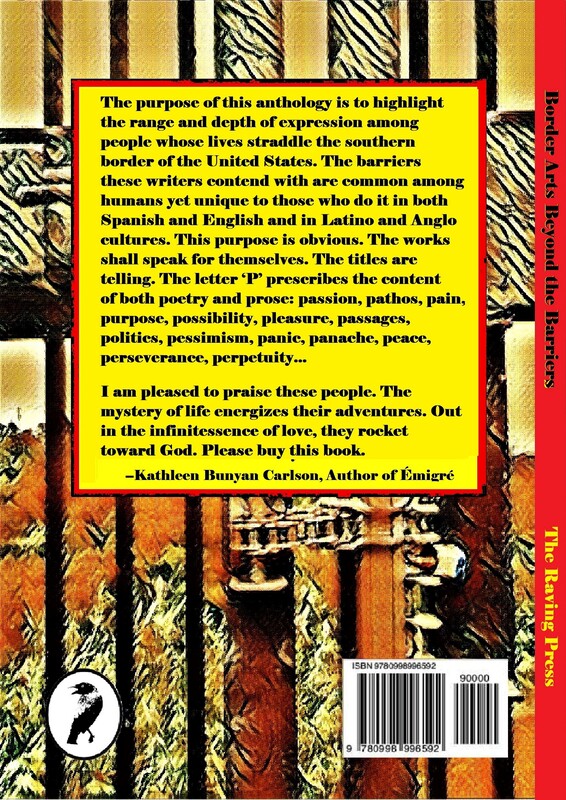
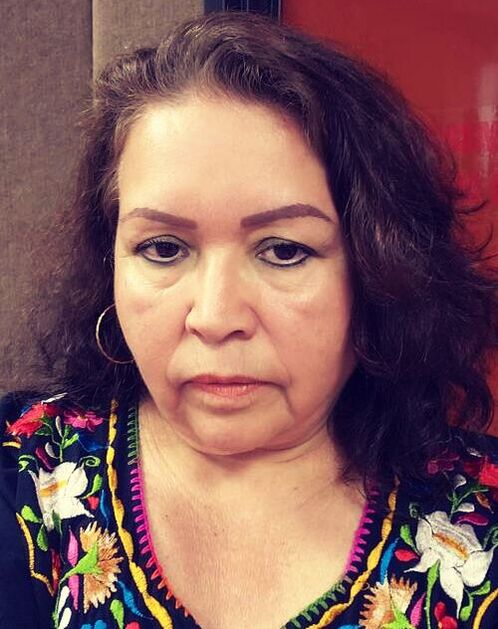
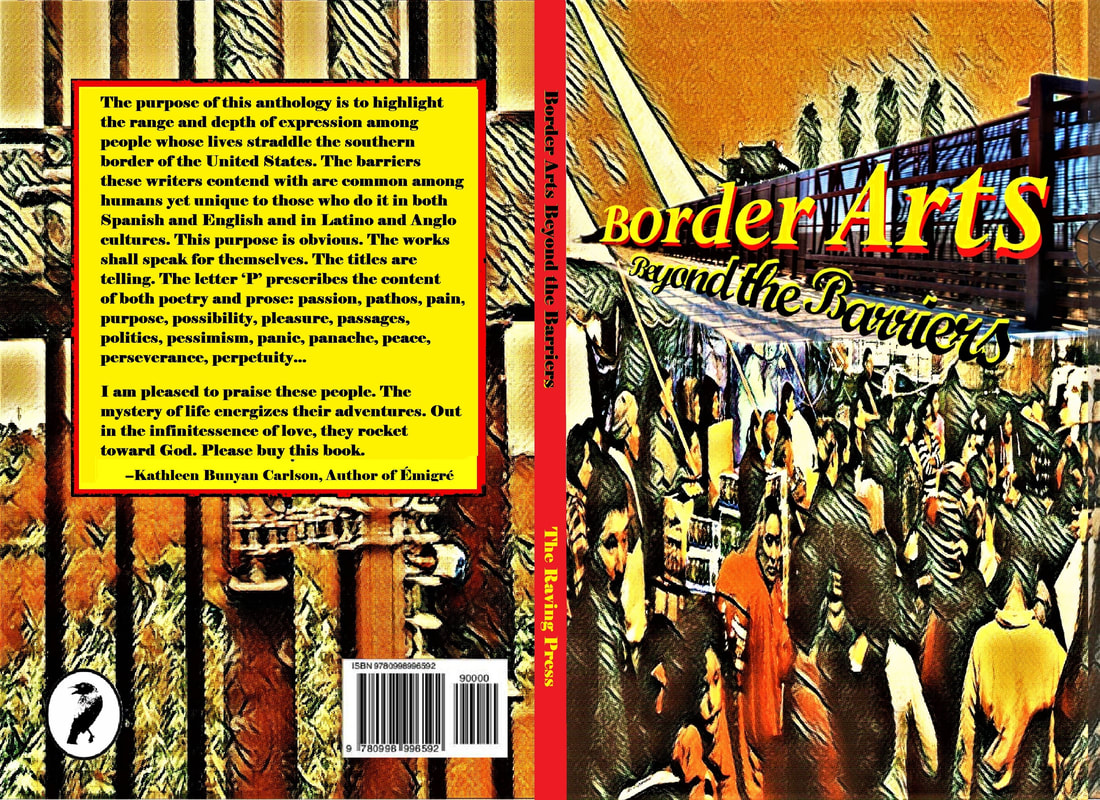
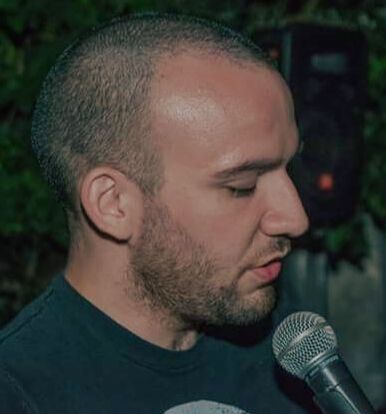
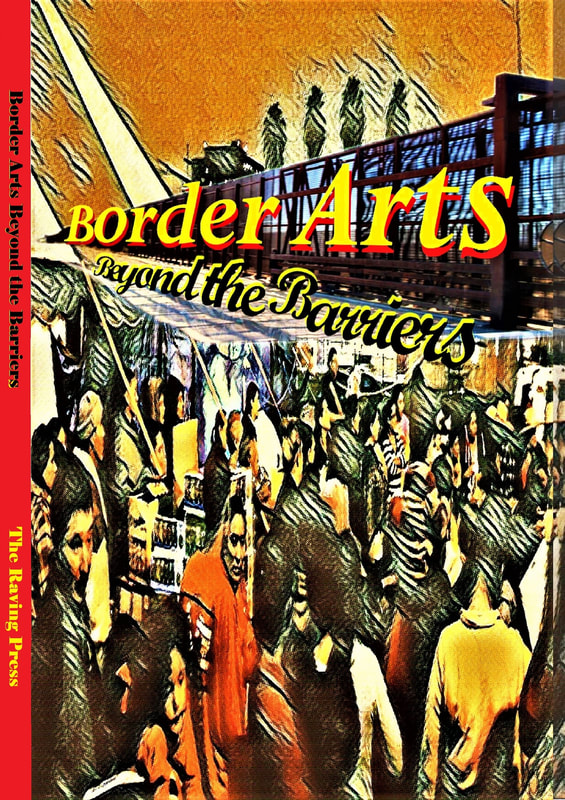

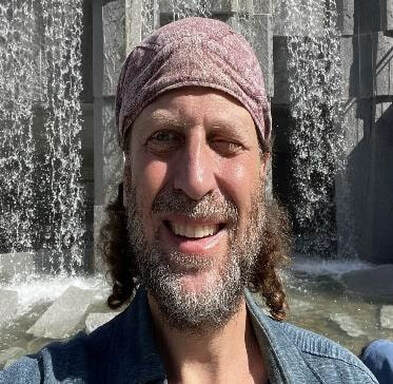






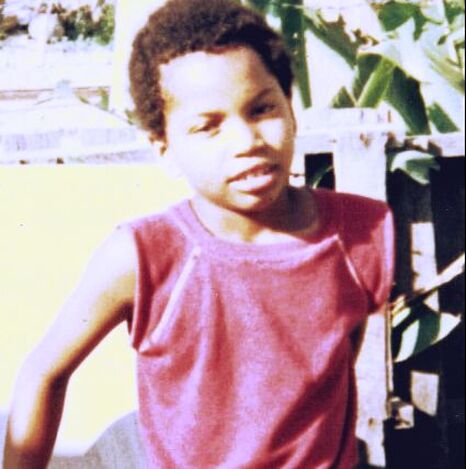

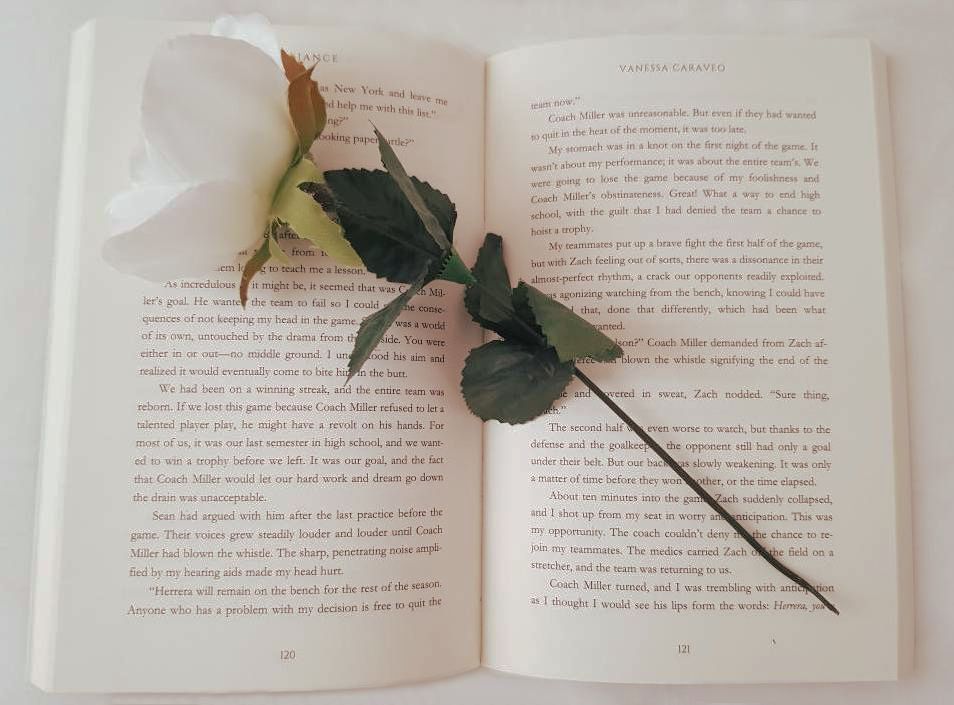
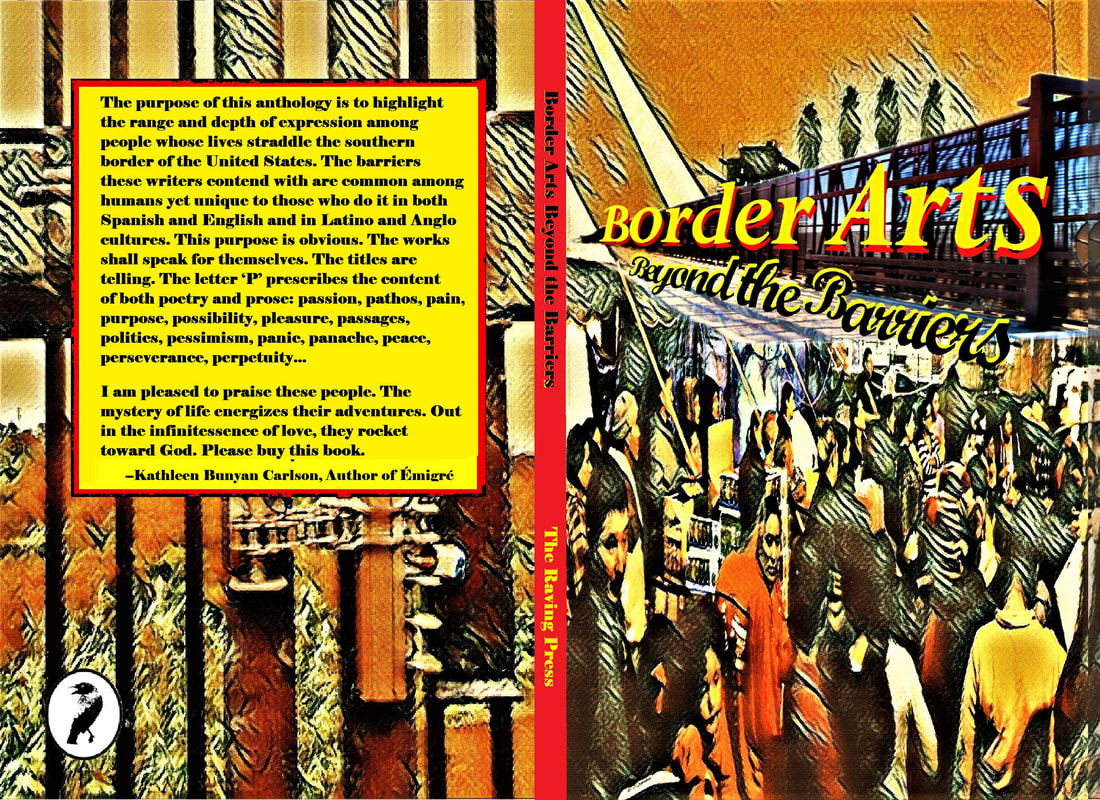
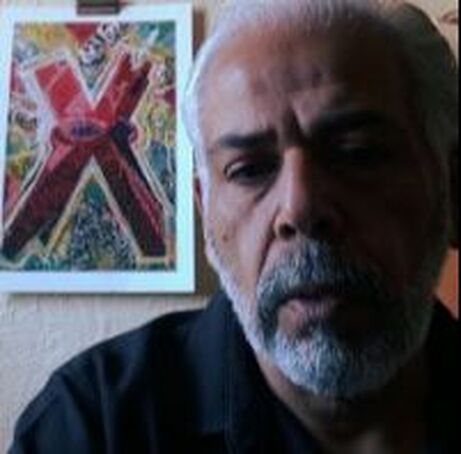
 RSS Feed
RSS Feed
